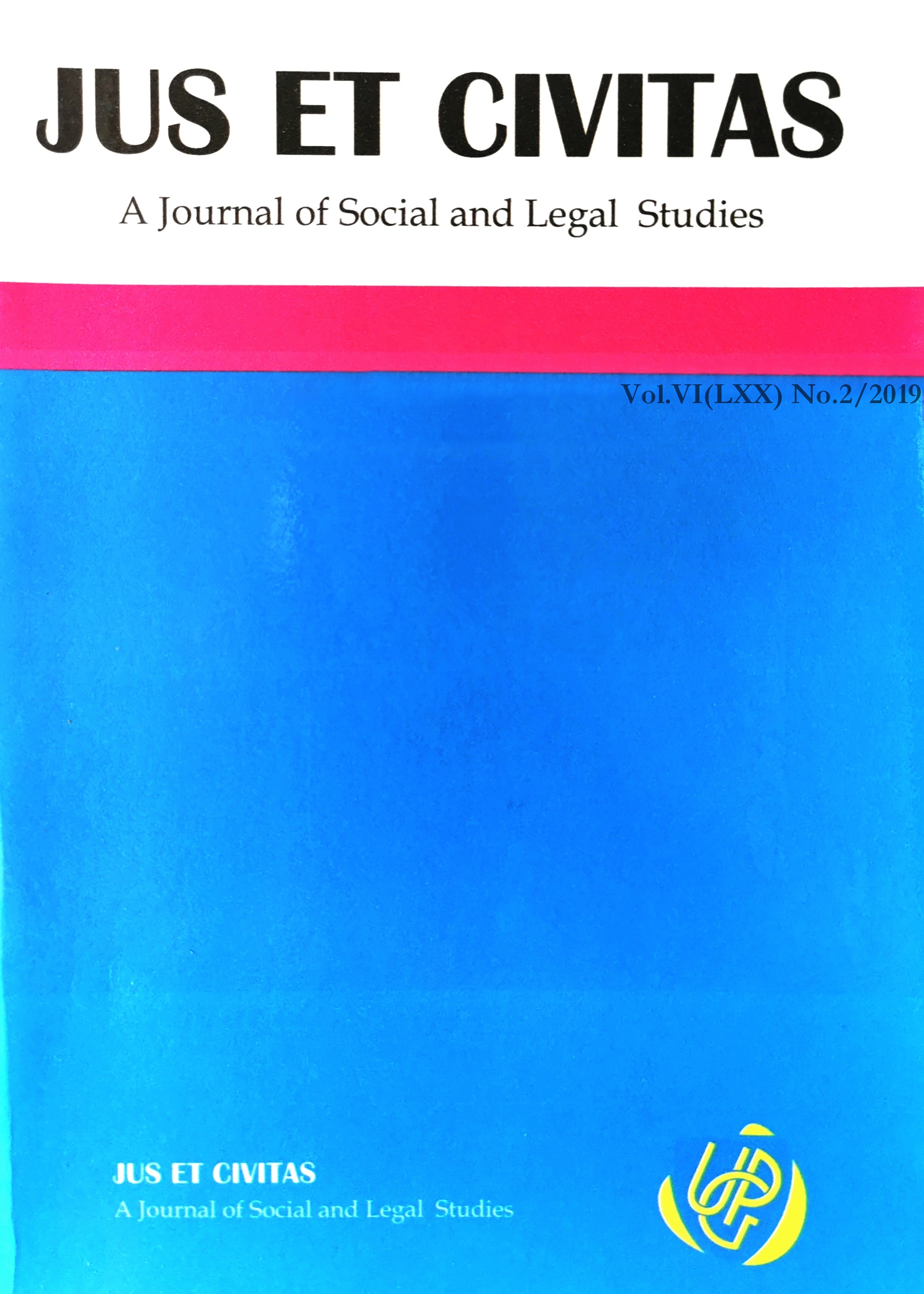CURIOSITY IN HISTORY OF EDUCATION
CURIOSITY IN HISTORY OF EDUCATION
Author(s): Dragoş GrigorescuSubject(s): Education, History of Philosophy, School education, History of Education, Sociology of Education
Published by: Editura Universitatii Petrol-Gaze din Ploiesti
Keywords: curiosity; epistemology; ethology; philosophy of education; history of education;
Summary/Abstract: Despite the diversification of research topics in education, curiosity remained an occasional concern. The origin of the philosophy is in wonder and curiosity, as the Greek thinkers said, but nothing prevents us from considering the same beginning for education. It is sufficient to list the basic concepts of pedagogy such as teaching, learning, cognitive development, knowledge, curriculum, to see that all aesthetics postulate as a justification a native curiosity prior to the students. Often Greeks understood education as a need inherent in the human being, and the completion of it as a personal moral duty of each of us. And yet curiosity is not a career topic in the education sciences or psychology either. With a few exceptions, which we will highlight in the following. The purpose of this paper is to bring to the attention of educators the immense potential of curiosity, both for a better understanding of education and for increasing the efficiency of the teaching act itself, in the classroom, in the teacher-student relationship. For this we propose first a philosophical legitimation of curiosity as it appears in Aristotle, after which we will continue with a second section dedicated to the biological bases of curiosity, at least as they result from the ethological perspective, so that finally we can analyze curiosity as a theme. of rigorous empirical research conducted by the father of curiosity, D. Berlyne.
- Issue Year: LXX/2019
- Issue No: 2
- Page Range: 9-16
- Page Count: 8
- Language: English

